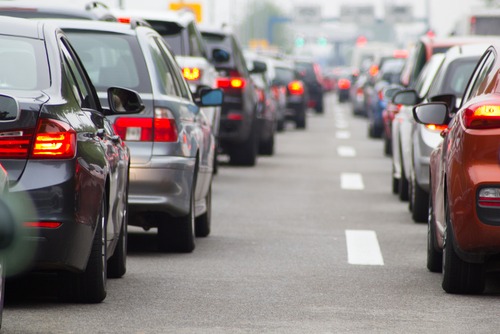
The Washington, DC-based national transportation research nonprofit TRIP has released a report detailing Maine’s transportation needs, determining infrastructure issues cost motorists $1.3 billion – up to $1.561 per driver – statewide each year.
According to Maine Transportation by the Numbers: Meeting the State’s Need for Safe, Smooth and Efficient Mobility, increased transportation improvement investments at the local, state, and federal levels could relieve traffic congestion, improve road, bridge and transit conditions, enhance safety and support long-term economic growth.
“Transportation is fundamental to our safety, economic prosperity, and quality of life,” Maine Department of Transportation Commissioner Bruce Van Note said. “The challenges we face due to our chronic funding shortfall have been made worse by the recent drops in travel due to COVID-19 and the resulting reductions in Highway Fund and other transportation-related revenues.”
Van Note said the agency must work to resolve its structural transportation revenue problems as a means of maintaining the transportation system and bolster it with targeted capacity improvements, improvements to villages and downtowns, and measures to address climate change.
The analysis suggested 13 percent of Maine’s bridges are rated in poor/structurally deficient condition, the sixth-highest rate in the nation. Traffic congestion in the state is worsening, causing as much as 28 annual hours of delay for the average motorist and costing up to $568 annually per driver in lost time and wasted fuel. Traffic crashes imposed a total of $1.5 billion in economic costs in Maine in 2019, and traffic crashes in which a lack of adequate roadway safety features was likely a contributing factor imposed $497 million in economic costs.